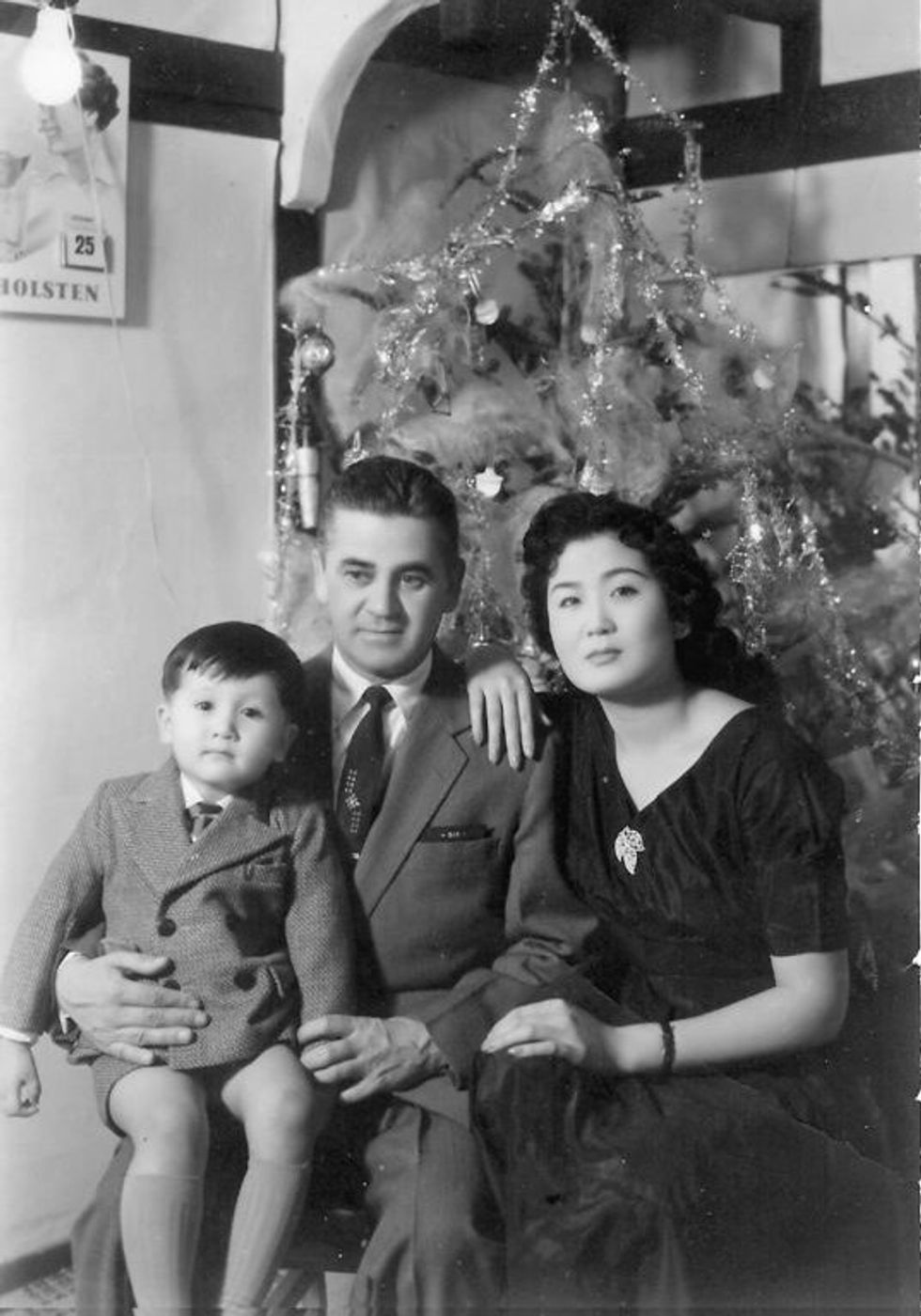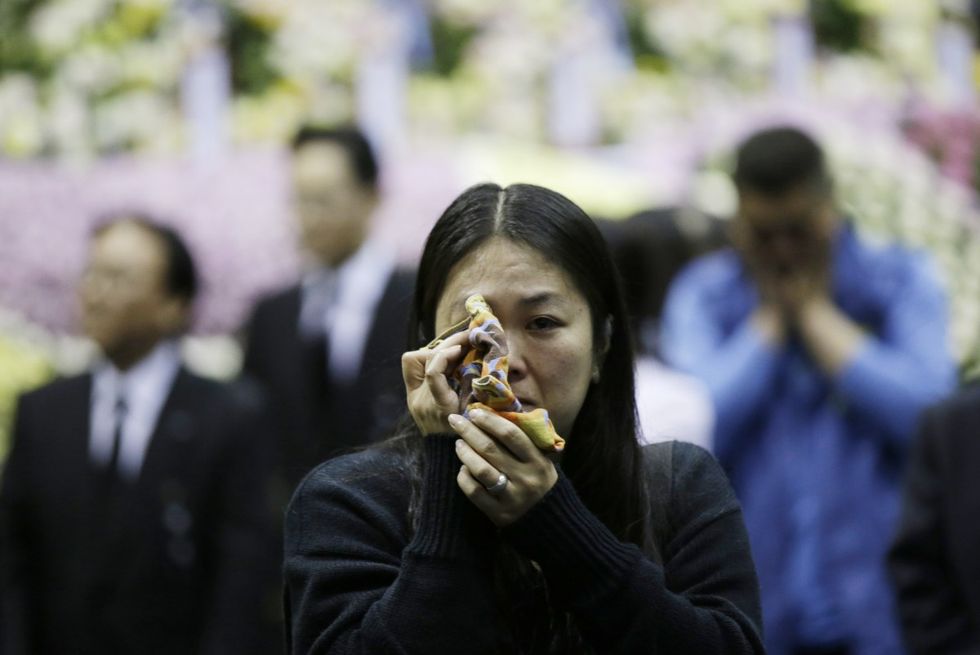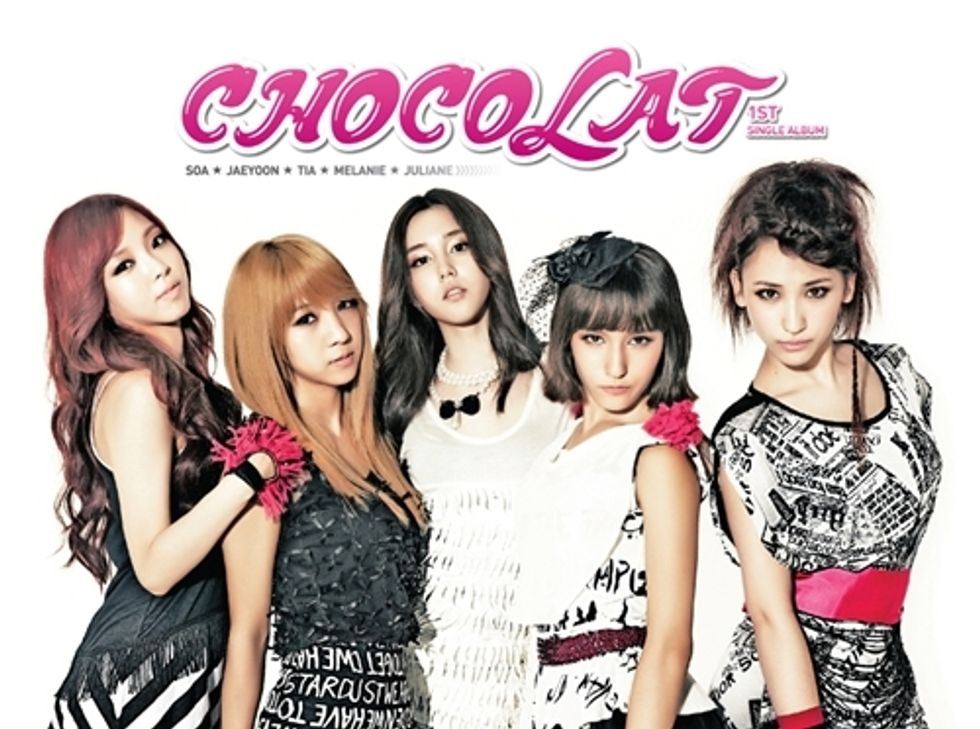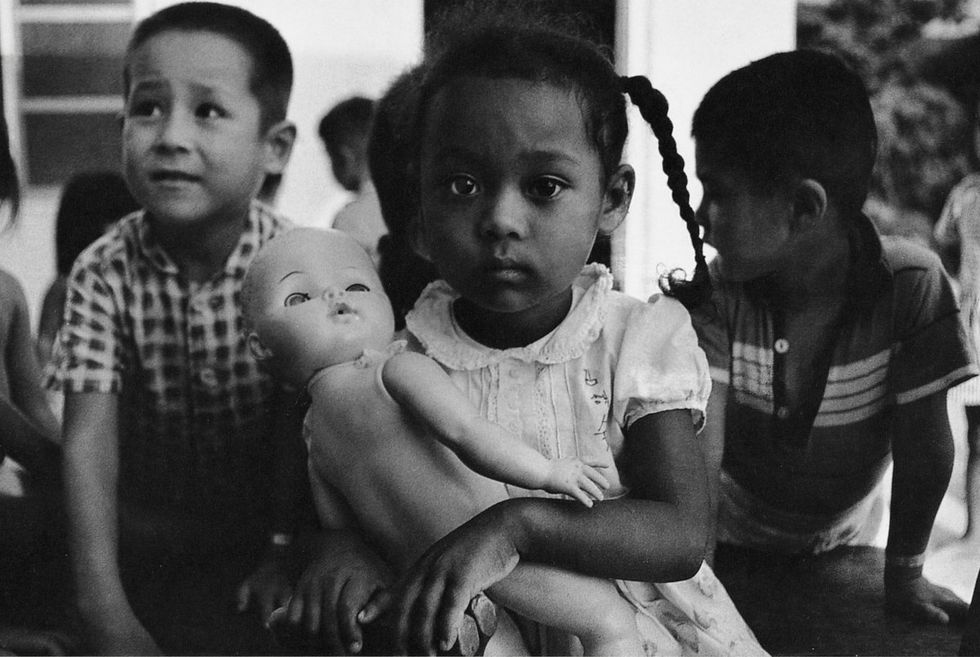Korean 'Amerasians', or the children of Korean citizens and U.S military servicemembers, are a diasporic group that has grown since the Korean War and face a number of struggles that are often completely unknown in the Western world---while actively ignored in the Eastern one.
'Amerasian' (a word coined by Pearl Buck that is often rejected by multiracial Asians with parents in the U.S military, including myself, due to its origins and negative connotations) generally implies that one is:
1. Multiracial and Asian
2. The child of someone (usually a man) in the U.S. military and an Asian person (usually a woman) who is native to the country being occupied by the U.S. military
3. An 'illegitimate' child
As you can see, there are a number of stereotypes that this specific diasporic group faces from many different fronts. However, multiracial Koreans face a number of stereotypes and misconceptions in Korea and within Korean diasporic communities based on their ethnic and racial backgrounds that are much different than stereotypes of Koreans in the U.S. and other Western nations.
These stereotypes also tend to differ greatly depending on the individual’s specific ethnic background and identities. During the Korean War and in the decades that followed, Korean society tended to view multiracial “war children” as poor and lacking in moral character, in addition to uneducated, foreign, racially “impure”, conceived out of “sin”, generally assumed to have an absentee father, and ultimately as reminders of the negative consequences of U.S military occupation. These stereotypes still exist to a degree in the modern day, and are more commonly found among older Koreans who may hold more ethnonationalistic views due to traumatic experiences of foreign occupation, particularly Japanese imperialism.
" The lawsuit alleges that, since 1957, poor and undereducated South Korean women were pressured into prostitution in those government-designated zones around American military bases. Scholars say the South Korean government, run by three dictators from the 1960s to 1980s, sought to please the US military out of fear that it would depart, while bringing in US dollars to buttress this struggling economy. " - 'Comfort Women' Who Serviced U.S. Soldiers Demand Justice
Nowadays, the younger generation of Koreans are more exposed to multiracial Koreans primarily through the entertainment and modeling industries, leading to the view that multiracial Koreans are 1) more attractive because they are multiracial, usually coupled with the stereotype that all multiracial Koreans are light-skinned and have European heritage, and 2) are more interesting, unique, “exotic”, or on-trend because of their foreign background and their supposed ties to American/Western culture.
It's clear that all of these stereotypes are rooted in a common mainstream perception of multiracial Koreans as ‘foreign’ and ultimately ‘less Korean’ than monoracial Koreans. Though this does impact even Koreans who have solely white and east Asian heritage, brown and black multiracial Koreans are often even further alienated due to a long history of antiblackness and colorism in Korea that is directed towards individuals of African, South American, and South/Southeast/West Asian descent.
Historically, multiracial Koreans were viewed negatively during and shortly after the Korean War due to fresh memories of U.S military occupation in Korea---namely sexual relations between huge numbers of American G.Is and Korean women, many of whom were either voluntary sex workers or victims of sex trafficking. In addition, many Korean women had multiracial children as a result of sexual assault committed by American G.Is. As an effect of this, Korean mothers of multiracial children became inherently associated with sex work and stereotyped as promiscuous, poor, and lacking moral character, and this perception was also turned toward their children and families as well. In addition, nationality laws in Korea before the 1980s allowed only the father to register their child, meaning that the vast majority of multiracial Korean children were unrecognized by the government and ineligible to apply for school and other benefits because their military fathers often left without offering any support or leaving methods of contact.
In addition, a huge number of these children were given up by their biological mothers and placed in Korean orphanages or sent to the United States as adoptees, who often have no idea that they lack American citizenship until decades later. Even more controversial and still often unacknowledged was the fact that South Korea first opened up international adoption specifically to remove the 'Amerasian' population, many of whom were orphaned, and at one point limited international adoption to only multiracial or non-Korean children.
The origins of multiracial Korean “war children” are often associated with painful memories of the effects of American military imperialism, leading to negative stereotypes that still persist today. In addition, structural and institutional oppression allows these stereotypes to flourish and at one point was used to deny multiracial Koreans any class mobility or the possibility of changing their social status.
Not only that, but changes in Korean cultural values have not eliminated these stereotypes of multiracial Koreans, but have now also invited the exotification and commodification of a minority of multiracial Koreans that fit conventional beauty standards and have enough social/financial capital to make it into the entertainment industry.

























